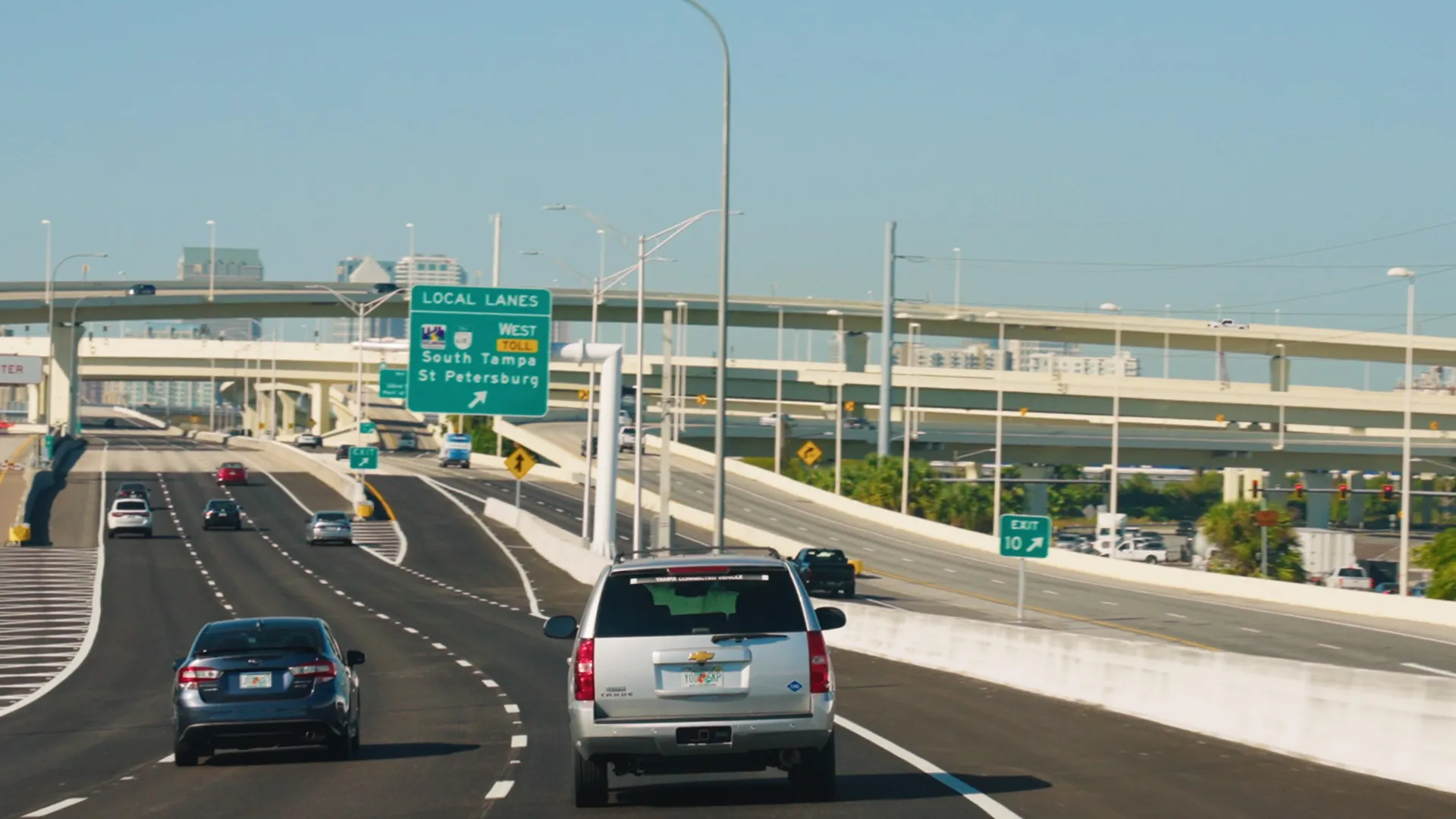Sae Chi, from the university’s Science and Engineering Faculty, has compared the financial and economic cost of public and privately operated toll roads and tunnels, and found the net impacts to the community should be taken into account in decision-making about transport infrastructure investment.
The research has been published in the Journal of Transportation Engineering titled Measuring impacts and risks to the public of a privately operated toll road project by considering perspectives in cost-benefit analysis.
The report claims that the financial bottom line should not be the only consideration when determining whether or not to invest in toll roads and tunnels.
Governments often partner with the private sector to share the costs and risks of building and operating toll road and tunnel projects. However, the report says that while private operators were looking for a bottom line return on investment, governments needed to consider benefits in addition to toll charges and traffic flows that can result in profits. Even when partnering with the private sector, it is important that governments consider the public benefits and monetise savings such as travel time, reduced costs to drivers and the positive outcomes for the environment. Chi believes that when governments put a financial cost on these factors the cost-benefit analysis sways much more heavily in favour of supporting infrastructure investment.
Chi said current cost-benefit analysis for road and tunnel projects was limited in Australia, and in most cases focused on the financials and not the public benefits. “But governments are responsible for public decision making for the good of their constituents and this includes ensuring that public funds are invested wisely and that regulation of private sector activity ensures a net benefit to society,” she said.
Chi believes the study findings would help support increased infrastructure investment across the nation, especially in high-growth population areas.
Monetising time savings makes toll roads financially stack up, says research
Putting a financial value on the savings from traffic congestion, noise and air pollution as a result of toll roads and tunnels will make large infrastructure projects more cost effective, according to a new study by Australia’s Queensland University of Technology (QUT).
Sae Chi, from the university’s Science and Engineering Faculty, has compared the financial and economic cost of public and privately operated toll roads and tunnels, and found the net impacts to the community should be taken into account
September 29, 2017
Read time: 2 mins
Putting a financial value on the savings from traffic congestion, noise and air pollution as a result of toll roads and tunnels will make large infrastructure projects more cost effective, according to a new study by Australia’s Queensland University of Technology (QUT).









